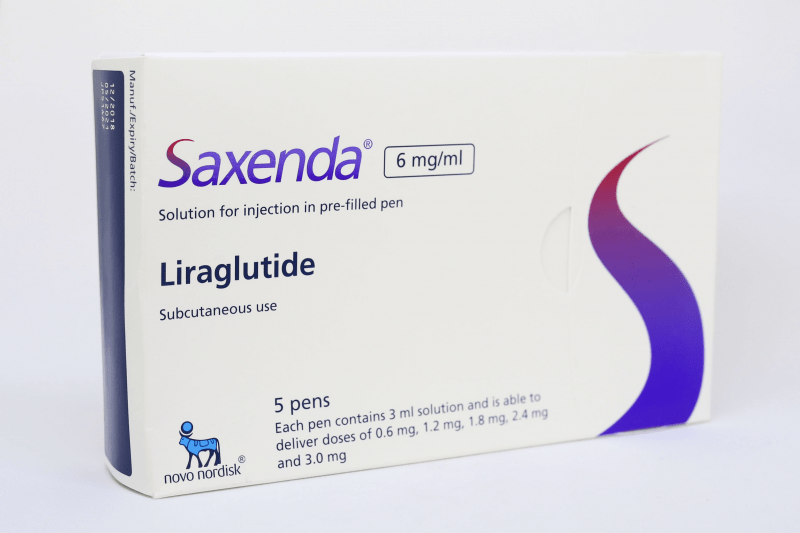Weight management remains a significant challenge for many individuals, with obesity recognised as a serious global health issue. In recent years, the availability of advanced medical treatments has provided new hope for those seeking effective solutions.
Among these options, weight-loss injections in 2025 have emerged as an innovative and reliable approach to addressing weight-management challenges. By supporting the body’s natural processes, such as appetite regulation and caloric intake reduction, these injections help individuals achieve sustainable results combined with healthy lifestyle adjustments.
This article looks at the top injections for weight loss, detailing their mechanisms, benefits, and considerations. By understanding these treatments and consulting healthcare professionals, you can find suitable medical options to support your weight-loss goals.
Mounjaro Weight Loss Injections

Mounjaro has garnered attention as a great option for weight management. Originally developed as a treatment for type 2 diabetes, this injection has demonstrated significant effectiveness in promoting weight loss as a secondary benefit. Its dual-action mechanism makes it particularly unique, as it targets both glucose regulation and appetite suppression. This multifaceted approach addresses two critical factors that influence weight gain.
Clinical trials have highlighted Mounjaro’s weight loss, with participants reporting a notable decrease in weight when the treatment is paired with consistent lifestyle changes such as balanced nutrition and regular exercise. The treatment mimics natural hormones that regulate blood sugar levels and hunger, helping individuals better manage their eating habits. This action not only promotes satiety but also reduces the likelihood of overeating.
However, like any medical treatment, Mounjaro comes with certain considerations. Currently, the injection is approved by the NHS for managing type 2 diabetes but is not yet widely available as a dedicated weight-loss treatment. Its use for weight management in individuals without diabetes remains under review.
Additionally, users may experience mild side effects, such as nausea or fatigue, particularly during the early stages of treatment. These effects are typically temporary and subside as the body adjusts.
Individuals interested in this option should seek guidance from their healthcare provider to assess suitability.
Wegovy Weight Loss Injections

Wegovy’s active ingredient, semaglutide, mimics the hormone GLP-1 (glucagon-like peptide-1), which plays a key role in appetite regulation and calorie intake. By targeting these pathways, Wegovy helps individuals feel satisfied after smaller meals, effectively reducing overall food intake.
Clinical trials have shown promising results for Wegovy for weight management, with individuals achieving an average weight loss of 15% of their body weight when the injection is combined with dietary and lifestyle modifications. These findings underscore the effectiveness of this treatment in addressing obesity and weight-related conditions. Administered once weekly, Wegovy is considered a convenient option for those seeking sustainable weight-loss solutions.
However, eligibility for Wegovy treatment is determined based on specific criteria. According to NHS guidelines, individuals must have a body mass index (BMI) between 30 kg/m² and 34.9 kg/m², alongside weight-related health conditions such as type 2 diabetes or high blood pressure.
NICE (National Institute for Health and Care Excellence) also recommends referral to a specialist weight-management service for individuals who meet these criteria.
Like other weight-loss injections, Wegovy may cause side effects such as nausea or gastrointestinal discomfort, particularly in the early stages of use. These symptoms are typically mild and temporary. Consulting with a healthcare provider is essential for managing potential side effects and ensuring the treatment is suitable.
Saxenda Weight Loss Injections

Saxenda is a well-renowned weight management treatment and one of its main benefits is its ability to stimulate areas of the brain responsible for appetite regulation. By promoting a feeling of fullness, it helps individuals reduce their overall calorie consumption and maintain a healthier dietary routine.
Unlike other injections that are administered weekly, Saxenda is taken daily, offering consistent support for individuals seeking weight-loss solutions. This frequency allows users to benefit from steady appetite suppression, making it easier to manage cravings. Saxenda is particularly suited for individuals with a BMI of 30 or higher or those with weight-related conditions such as type 2 diabetes or high cholesterol.
Clinical data supports the effectiveness of Saxenda when used in conjunction with lifestyle changes. However, like other treatments, it may cause side effects, such as mild gastrointestinal discomfort or fatigue. These symptoms are generally short-lived and improve as the body adjusts to the medication. While the daily administration schedule may not appeal to everyone, Saxenda benefits offer steady and reliable support for those committed to their weight-loss goals.
Weight-loss injections, such as Mounjaro, Wegovy, Saxenda, and Ozempic, offer effective options for individuals with specific health needs. Each has distinct benefits ranging from daily to weekly administration.
Eligibility depends on factors like BMI and underlying conditions, making professional guidance essential to determine the most suitable treatment. While mild side effects, such as nausea or fatigue, may occur initially, they are typically short-lived. Combined with healthy lifestyle changes, these treatments provide a promising solution for achieving sustainable weight management and long-term health improvements.


